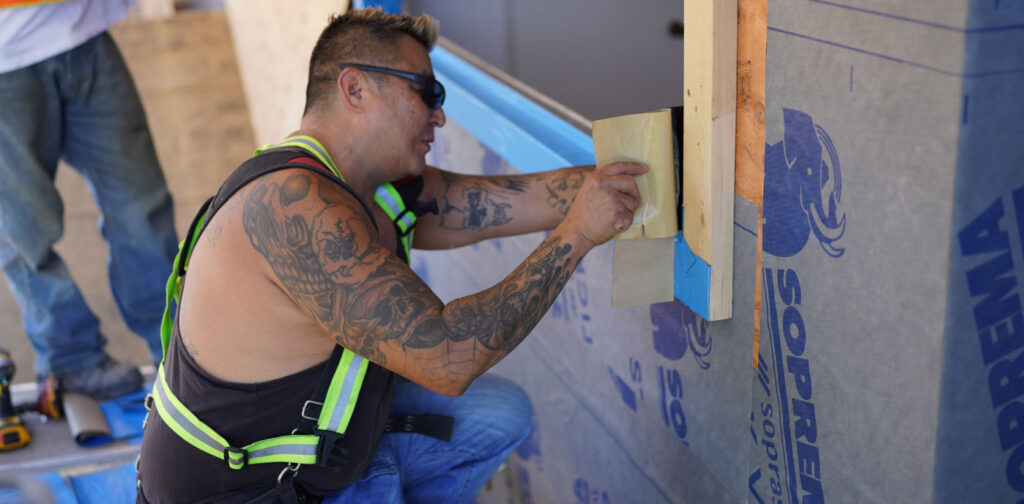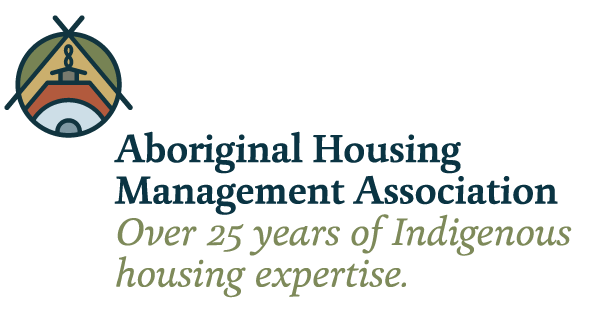
Training and Evaluation Team
AHMA’s Training and Evaluation Pod builds the capacity of AHMA Members to develop and deliver high quality, culturally safe Indigenous-led programs and services. We offer support, consultation and resources tailored to meet Members’ unique goals in training, skills-development, data collection and monitoring, Indigenous-lens Evaluation, and fund mobilization. We work collaboratively with members’ unique priorities and see them as learning opportunities.
Members have unique needs and goals to strengthen their communities. These needs can be challenging but with capacity building, they are opportunities to grow, learn and develop new initiatives.
AHMA’s Training and Evaluation Pod builds the capacity of Members to develop and deliver high quality, culturally safe, Indigenous-led programs and services. We offer support, consultation and resources tailored to meet Members’ unique goals in training, skills-development, data collection and monitoring, Indigenous-lens evaluation, community engagement and fund mobilization.
Seeking staff training, evaluation and capacity building information and resources? Contact us [link].
Training & Capacity Building:
Training and Capacity Building Specialists work one-on-one with Members to develop training plans and facilitate access to opportunities for implementation. Examples include external workshops with community partners, delivery of staff certification in Nonviolent Crisis Intervention and Mental Health First Aid, the Indigenous Trauma-Informed Community of Practice, Youth Internships, and more.
Through collaboration with partners, as well as engagement with Knowledge Keepers and Elders, the Framework focuses on seven core themes:
- Indigenous-lens Trauma-Informed Practice
- Cultural Supports and Cultural Safety
- Equity, Diversity and Inclusion
- Mental Health and Substance Use
- Crisis Intervention
- Staff Wellness
- Health and Safety
Data and Evaluation:
AHMA’s Indigenous Data and Evaluation Framework responds to the growing need for evidence-based and data-informed strategies to advance goals of the FIBI Housing and Homelessness Sector. The Framework is grounded in Indigenous Cultural Safety and supports Members’ self-determination and autonomy.
AHMA’s Data and Evaluation Specialists work with Members to provide tailored support and resources to meet existing needs, as well as develop new initiatives related to all things data and evaluation.
Examples of support available for Members includes:
- Identify and implement key considerations for program data collection and monitoring
- Facilitate access and analysis of various existing data sources which are often aggregated and siloed
- Enhance evaluation of qualitative data, as opposed to outputs and numbers. Qualitative data tells our stories by illustrating change through shared experiences, reflection, and action.
- Explore key concepts related to data privacy and security.
Fund Navigation:
The AHMA Fund Navigator serves a pivotal role in supporting Members by developing resources and access to project and program funding. The Fund Navigator is a one (1) year, project-based role focused on developing a suite of resources, tools and knowledge translation materials that will build member capacity to identify and successfully mobilize diverse funding opportunities including grants, contributions and RFP submissions.
Starting in Spring 2024, this role will also develop relationships with key stakeholders to facilitate members’ access to funding opportunities that meet unique housing and community support needs. The Fund Navigator will also coordinate direct support to Members in the preparation and submission of various applications and RFP submissions over the course of the project.
For Members seeking capacity building support and resources in training, evaluation and fund mobilization contact us [link].

